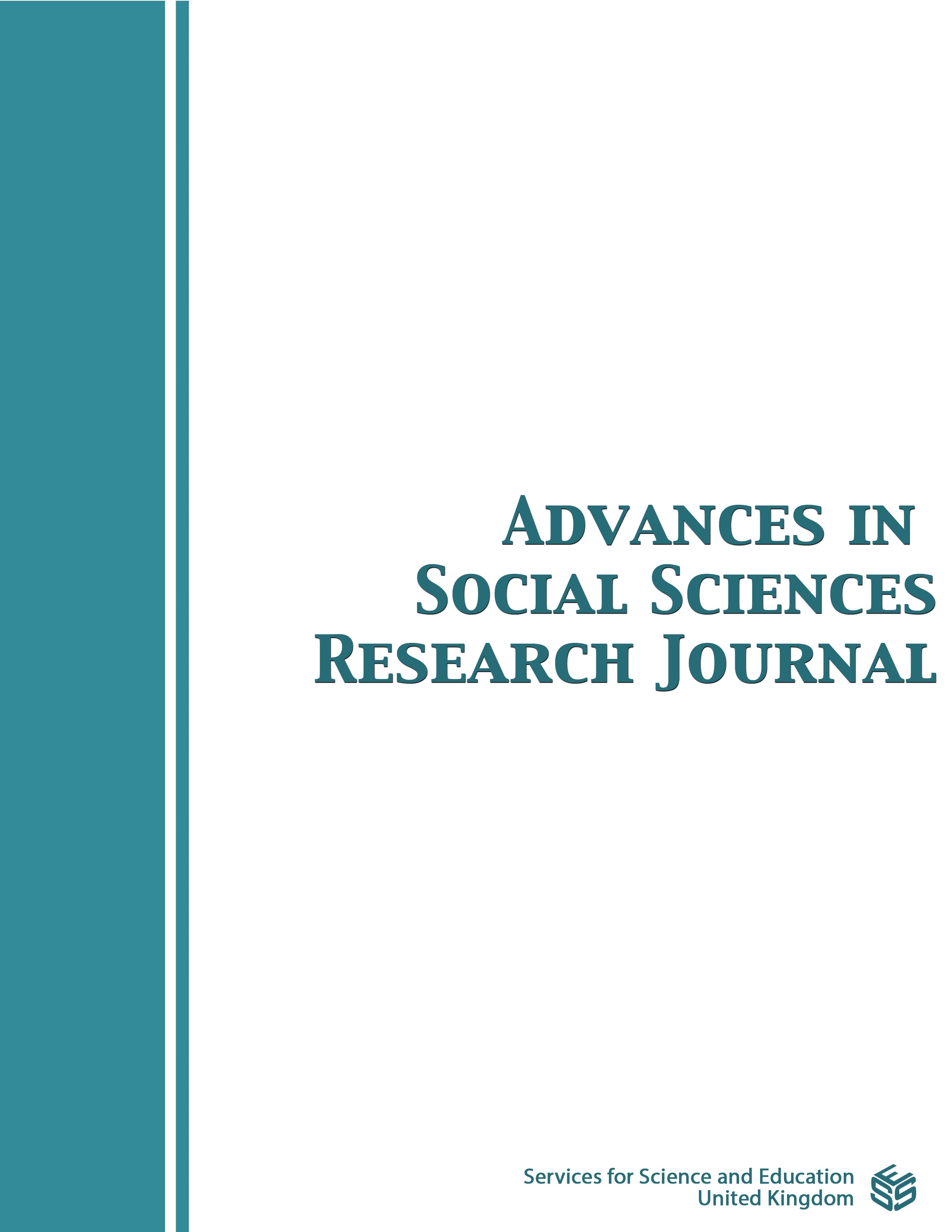Adverse Impacts of Oil Spills on Marine, Lowland and Upland Ecosystems of Niger Delta of Nigeria and the Control Measures
DOI:
https://doi.org/10.14738/assrj.109.15572Keywords:
Pollutions, Spills, Impacts, Fertility, Contaminants, Marine, Lowland, Upland, EcosystemAbstract
An oil spill is the accidental or deliberate release of oil into the environment whether terrestrial or marine. Oil spill pollution is a growing environmental concern that harms both terrestrial and aquatic ecosystems. The Niger Delta Region of Nigeria is a plausible victim of these frequent oil spillages caused by equipment failures, corrosion, human errors, willful damages of pipelines and installations and accident etc. The released oil impacts the soil fertility of the region, the surface water, ground water aquifer and the entire marine habitats leading to health challenges, diseases and death, unemployment, and poverty in the region. Pollution sometimes traverses through the food chain to the human consumers. Possible remedial actions include prevention of oil spills, prompt intervention when they occur by containment, recovery and clean up of the spills. Environmental restoration may be required to resuscitate the soil fertility to continue to support agricultural efforts of the local communities in the region.
Downloads
Published
How to Cite
Issue
Section
License
Copyright (c) 2023 Etuk Etiese Akpan

This work is licensed under a Creative Commons Attribution 4.0 International License.
Authors wishing to include figures, tables, or text passages that have already been published elsewhere are required to obtain permission from the copyright owner(s) for both the print and online format and to include evidence that such permission has been granted when submitting their papers. Any material received without such evidence will be assumed to originate from the authors.






